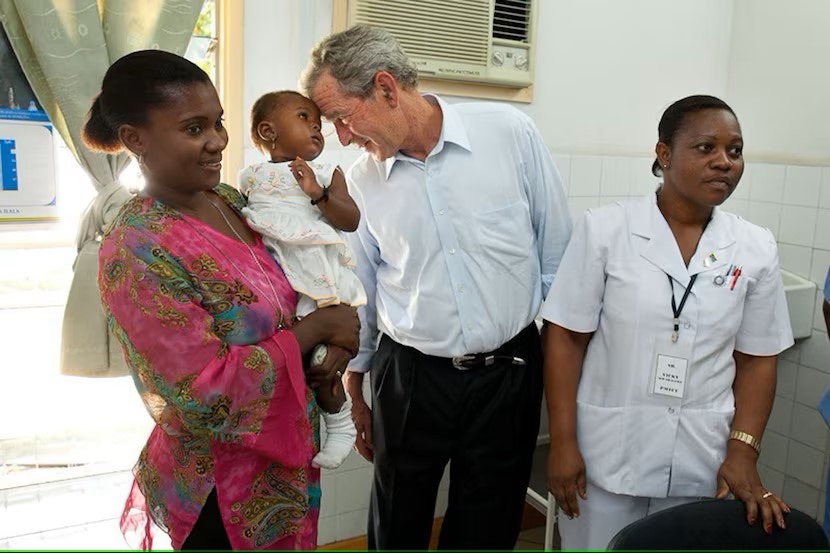Margaret Thatcher, the former British prime minister, died this week. Like Ronald Reagan, Pope John Paul II, and others she embraced the...
Margaret Thatcher, the former British prime minister, died this week. Like Ronald Reagan, Pope John Paul II, and others she embraced the blessings and responsibilities of her own liberty and projected leadership that helped topple Soviet tyranny. Much will be written and said about Margaret Thatcher in the coming days. I’d prefer to share some of her own words on freedom.
In October 1979, only five months into her first term as prime minister, Thatcher went to Luxembourg to deliver the Winston Churchill Memorial Lecture. In that speech she aimed to “say something about my view of the meaning and obligations of liberty; about how these condition my vision of Europe and the European Community; and about our present problems.” By “present problems” she largely meant challenges to liberalism at home and abroad, and their impact on peace and prosperity.
Among other things, Thatcher’s speech was one of extraordinary clarity about the threat of Soviet communism. In the global war of ideas between dictatorship and democracy, between war and peace, between poverty and economic opportunity, she clearly took the side of individual freedom. It was also her belief that “political leaders, and the citizens of our democracies, have the duty to act.” These are timeless words, as relevant to today’s struggles between tyranny and freedom as they were more than 30 years ago.
Below is the definition of liberty that Thatcher offered in her speech. To read the full text, and many others, visit the excellent online archive of the Margaret Thatcher Foundation.
Margaret Thatcher’s Definition of Liberty:
Modern liberty rests upon three pillars. They are representative democracy; economic freedom; and the rule of law….
Representative democracy goes far to solve the difficult problem of combining the liberties of the subject with the necessary authority of the modern state. If a democratic government does badly, the people can change it. If a democratic leader proves inadequate, he or she can be replaced without bloodshed. If individuals wish to associate peacefully for a common purpose, they may do so….
Dictatorships have succeeded in doing few if any of these things. Democracy may be less than perfect but, as Churchill forcibly pointed out, all the other systems so far devised by man are much worse.
Representative political institutions cannot alone guarantee our liberties. It is economic liberty that nourishes the enterprise of those whose hard work and imagination ultimately determine the conditions in which we live. It is economic liberty that makes possible a free press. It is economic liberty that has enabled the modern democratic state to provide a decent minimum of welfare for the citizen, while leaving him free to choose when, where, and how he will make his own contribution to the economic life of the country. If the economic life of the country is dominated by the state, few of these things are true….
The third guarantee of liberty is the Rule of Law. The idea that all are equal under the law is deeply rooted in our democratic systems and nowhere else….The thought that no one in the state can escape the law is, after all, a daring one….This is not a thought which the powerful can easily accept. Those who hold sway in totalitarian states take good care that the Rule of Law does not challenge their authority."
Amanda Schnetzer is the Director of Human Freedom at the Bush Institute.




























